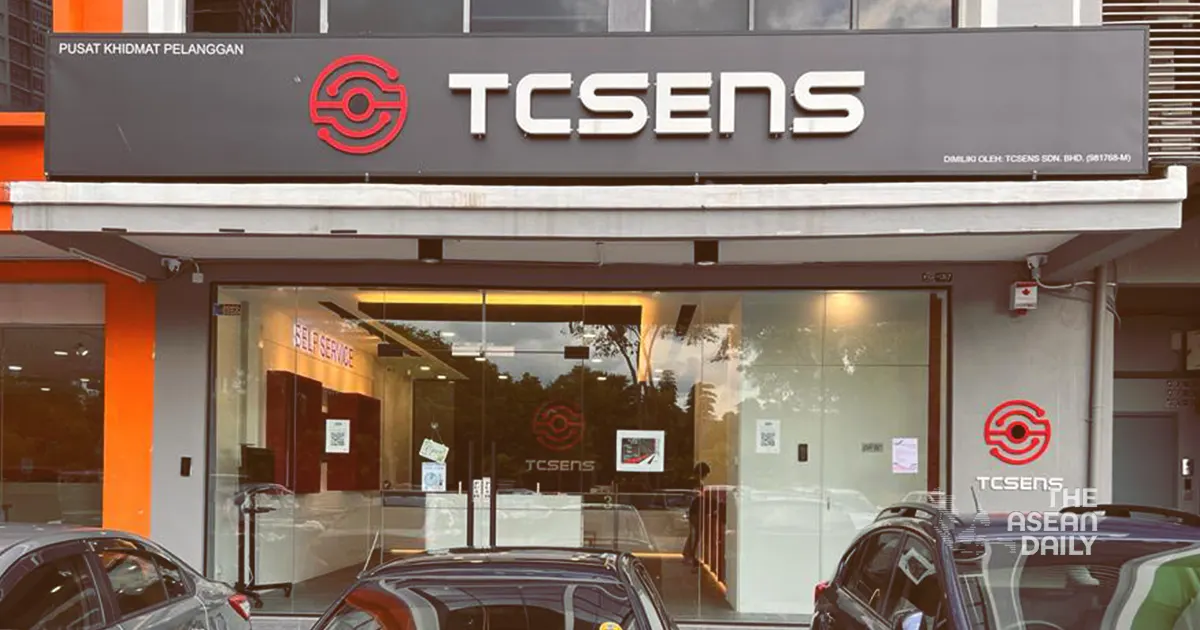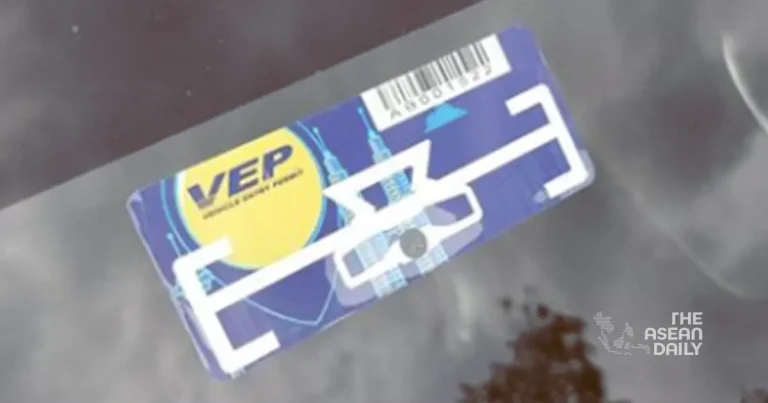26-8-2024 (SINGAPORE) Singaporean drivers are clamouring for expanded services at the recently opened vehicle entry permit (VEP) counter, urging authorities to go beyond mere enquiry handling. The offshore office, which commenced operations last Monday under the management of Transport Ministry-appointed vendor TCSens, has quickly become a focal point for motorists grappling with new cross-border regulations.
The surge in demand for additional services comes in the wake of Malaysia’s forthcoming policy requiring all Singaporean-registered vehicles entering via the Causeway and the Second Link to possess a valid VEP radio frequency identification (RFID) tag from 1 October. Drivers are now voicing their hopes that the Singapore-based counter could evolve to facilitate VEP applications and RFID tag installations, streamlining the process for frequent travellers.

One frustrated motorist, identified only as Lee, expressed disappointment upon learning that RFID tag installation and collection services were unavailable at the Woodlands counter. The 59-year-old recounted her struggles with the online application system, stating, “I’ve been attempting to apply for the permit online since last week, but the system won’t allow me to submit my documents.” Lee added that while she was willing to comply with Malaysian regulations, she felt the process should be more efficient and user-friendly.
Another driver, Janet Tan, 40, shared her family’s challenges in accessing the new office’s services. “My husband visited the office last Wednesday, only to be informed that all queue numbers had been distributed,” Tan explained. She highlighted the difficulties faced by working parents in balancing job commitments and childcare while trying to secure the necessary permits.
The establishment of the offshore office follows a directive from Malaysian Transport Minister Anthony Loke, who, during a visit to the VEP centre in Danga Bay on 1 August, instructed the opening of a Singapore-based facility to spare Singaporeans the journey to Malaysia for basic enquiries. However, the current scope of services appears to fall short of motorists’ expectations and needs.
Not all experiences have been negative, though. E-hailing driver Yusoff Kader, 60, successfully collected his RFID tag on 10 August after two attempts. “Two staff members assisted me and helped install the RFID tag on my car windscreen,” he reported, expressing relief at having his VEP ready for his weekly trips to Johor Baru. Yusoff did note challenges with his initial appointment, which coincided with Singapore’s National Day, leading to exceptional traffic congestion on the Causeway.

As the 1 October deadline approaches, the pressure mounts on both Singaporean and Malaysian authorities to address the logistical challenges faced by cross-border travellers. The calls for expanded services at the Singapore VEP counter reflect a growing need for more efficient, accessible solutions to navigate the new regulatory landscape.
With thousands of Singaporeans regularly crossing into Malaysia for work, family visits, and leisure, the coming weeks will be crucial in determining whether the current infrastructure can meet the demand.




